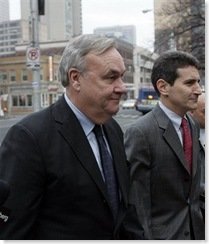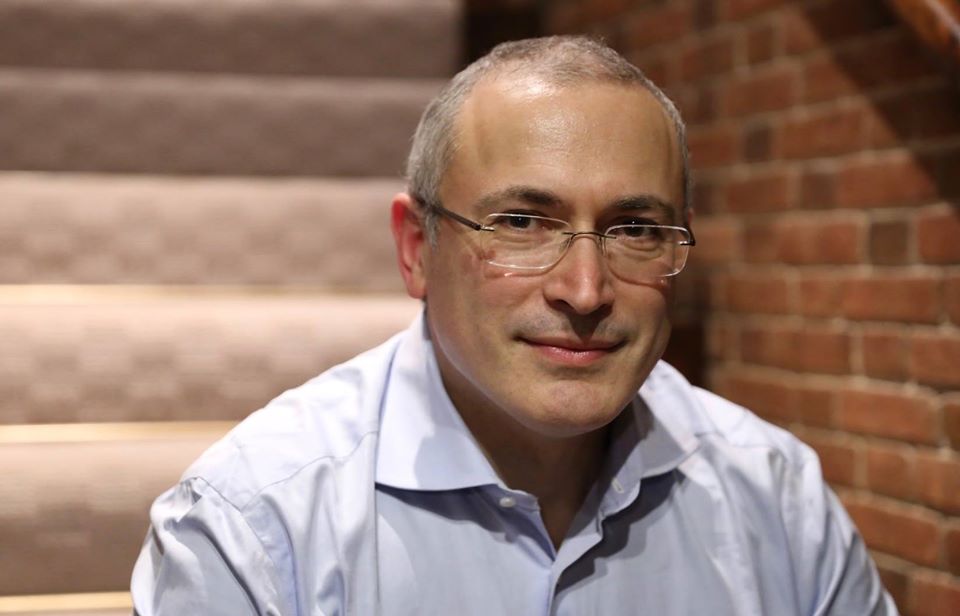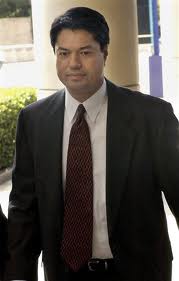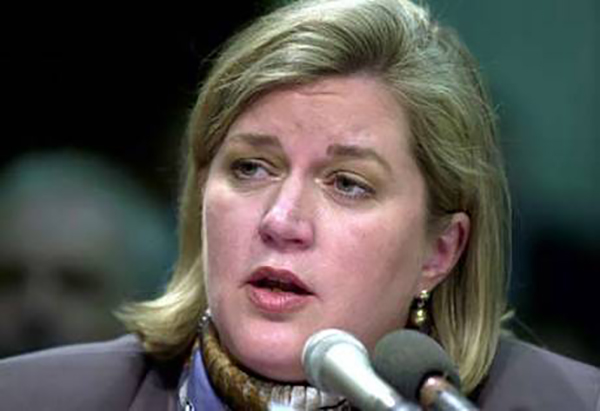 So, the Justice Department is seeking a sentence of 230 years for former General Re senior counsel Robert Graham, a 60-year old man who has never been involved in any wrongdoing in his life.
So, the Justice Department is seeking a sentence of 230 years for former General Re senior counsel Robert Graham, a 60-year old man who has never been involved in any wrongdoing in his life.
Mercifully, the pre-sentencing report recommends a sentence of “only” 12-17 years.
Graham was convicted earlier this year of securities fraud in connection with his involvement in a finite risk transaction between General Re and AIG that was one of the transactions that led to the downfall of former AIG CEO, Hank Greenberg.
Ironically, AIG is now fighting for its life — even after receiving loans from the Fed in amounts approaching $150 billion — as a result of thousands of transaction decisions that were far more questionable than the one Graham made.
230 years. For involvement in a transaction that was not even clearly improper, much less criminal in nature.
230 years. As a result of a prosecution that required application of the Buffett rule.
230 years. What does that portend for the AIG executives who engaged in this bit of bad judgment? Or those who were involved in this? Did they commit a crime because they breached an obligation to throw in the towel?
This is our government doing such things, folks. It is a reflection of us. And that reflection is not particularly attractive these days.



 The always-insightful
The always-insightful 




